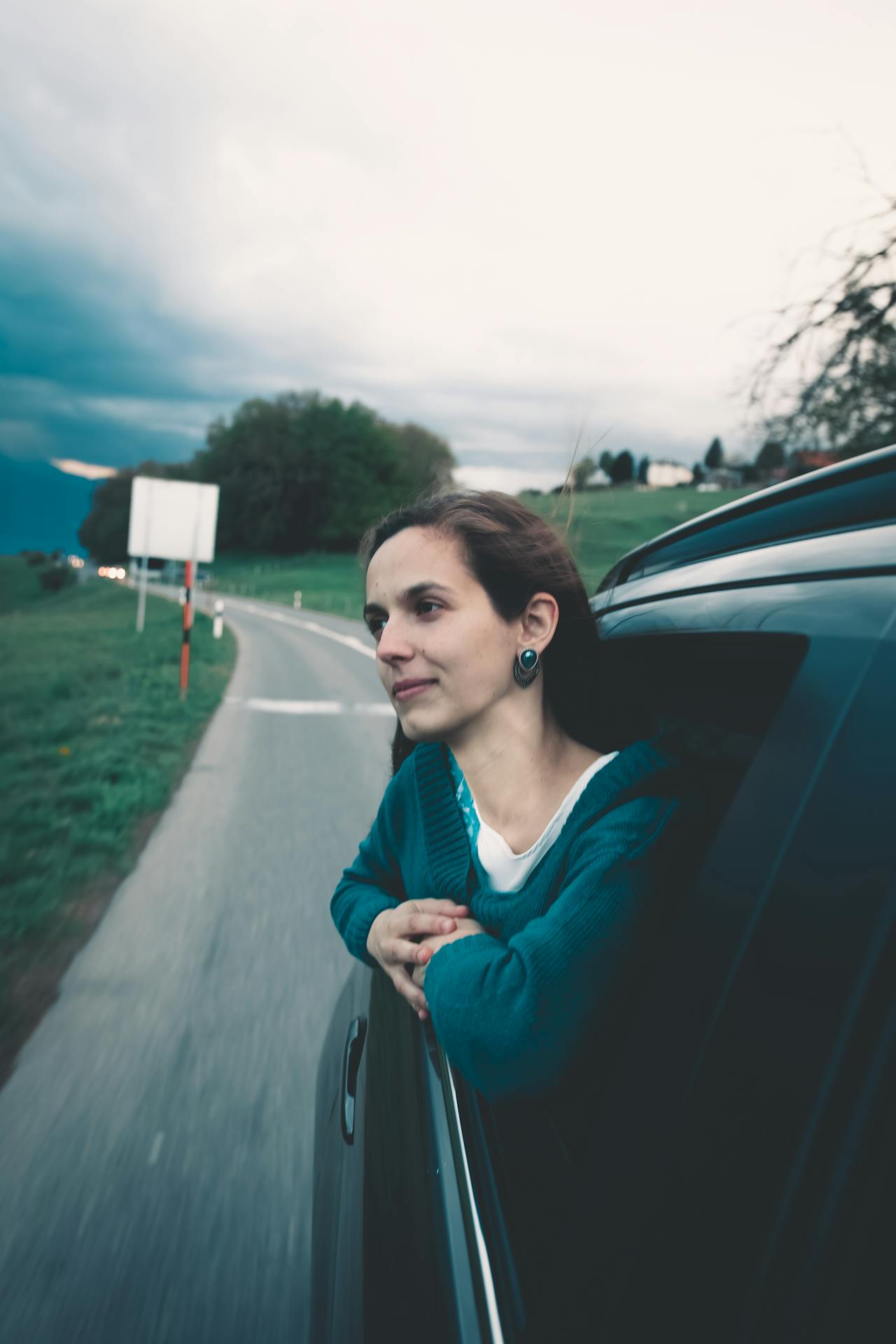
{*Did you know you can write on Elephant? Here’s how—big changes: How to Write & Make Money or at least Be of Benefit on Elephant. ~ Waylon}
I did something I’ve never done before over the Easter break.
I went camping on a bush survival wilderness adventure.
One of the things that pushed me out of my comfort zone before I even left for the trip was that I’ve never been camping before.
I know, I know. Camping is practically a rite of passage, so how did I get through my youth without ever going bush? Well, let’s just say, my parents weren’t exactly the camping types.
Even so, I’ve always loved spending time in Nature, and my love for trekking came about when I was living in Spain and walked the Camino de Santiago—a 900-km pilgrimage—from the Pyrenees mountains to the city of Santiago de Compostela in the Northwest.
During my time living there, I also discovered incredible national parks and spent many weekends on walking adventures.
I think it’s the absolute silence of a forest that I love the most—plus the majestic trees, the gorgeous animals, the incredible plant life, and the rich soil beneath my feet.
What could heal our woes more than spending time in Nature’s beauty? It seems to be the panacea for all that ails us.
The five days I spent away over Easter were in a gorgeous forest near Brooms Head on the East coast. It was a magical, profound, and spiritual experience.
I learned basic bush survival skills, including how to build a shelter, how to filter water, how to make fire with my hands, what native plants I can eat, how to identify bird calls, and how to shoot a bow and arrow for hunting purposes. It was thrilling!
It felt ancestral to be living on the land with a village of people who became my companions and friends by the end of the weekend—waking up to the sounds of pots and pans preparing breakfast, the kitchen crew singing songs as they chopped vegetables for our meals, tending to the crackling fire that kept us warm, and sharing stories and singing around the campfire at night. It’s a beautiful reminder that the simple things in life have the potential to bring us the most joy.
But I do have to chuckle to myself and wonder why I didn’t do this type of course 20 years ago when I got lost in a national park outside Madrid in the dead of winter.
I’d only intended to be out walking for the day but ended up losing track of the arrows that guided my path (they were covered by snow) and spent the night shivering on top of a mountain in sub zero temperatures. I had no food, water, or extra layers.
There was a moment of complete surrender when I shut my eyes from pure exhaustion with the thought I may never wake up again. I remember saying to myself, “Are you happy with the way you lived your life?” A small voice answered back, “Yes. Yes, I am.” That was all I needed to know, so off I drifted.
Even though I managed to call emergency services before my phone battery died, it wasn’t until the next morning I was rescued by helicopter with hypothermia.
I’m grateful I’m still here to tell the tale as it could have easily not turned out so well for me.
One of the concepts that was continuously discussed over our nature survival weekend was the theme of discomfort. It’s a topic I love to talk about in my yoga classes.
If a posture creates discomfort within you, try to see it as an opportunity to remain curious. What can you learn about yourself? Your body and mind? What can you do to remain calm? And can you lean in and use your breath to support you?
Remaining present to discomfort means challenging the very edges to which you’re prepared to expand your capacity to be uncomfortable.
We spend so much of our lives avoiding discomfort and often resist, fight, and suffer as a consequence. But the way I see it, part of our dilemma in this modern culture is that comfort is slowly killing us.
We no longer have the capacity to go without for even short periods of time, and as a result, we lack resilience, strength, and mental fortitude.
The five days out in nature were packed full of moments of discomfort—from the meditations we did out in the bush surrounded by ferocious mosquitos, to the blistered and bleeding hands we acquired as we earnestly rubbed our wooden sticks in the hope of creating fire, to sleeping outside in the shelters we made, and doing activities that challenged us to our very core.
But I loved every moment. I loved feeling uncomfortable because I knew I was pushing myself to my edge, and in that, I could feel myself grow and expand. And it felt empowering.
There’s a term in yoga called Tapasya, which loosely translates from Sanskrit as “Austerities.” Tapasyas are practices designed to strengthen and fortify the body, mind, and spirit.
Fasting, taking cold showers in the middle of winter, sleeping on the floor for a period of time, or eliminating sugar or caffeine from your diet for a week (or a month!) could all be considered Tapasyas.
When I lived in an ashram, we regularly practiced Tapasyas. Sleeping on the floor was easy for me, so much so that I came to enjoy it. So this wouldn’t be considered a Tapasya, as it didn’t push me to my edge. But for someone else, it might.
Fasting, however, was a different story. As a self-confessed foodie, I found it extremely difficult to go without, and it fast tracked me into my zone of discomfort. That’s an indication of where more work could be done to create resilience around not having access to food and knowing that my survival isn’t threatened if I don’t eat for a day.
So consider this your invitation to try something new that takes you out of your comfort bubble. We all know where our weaknesses lie. So why not give it a try?
What do you find hard to do (or not do)? Then go out and try it to see how you fare.
You might be surprised at the result.
~

This account does not have permission to comment on Elephant Journal.
Contact support with questions.